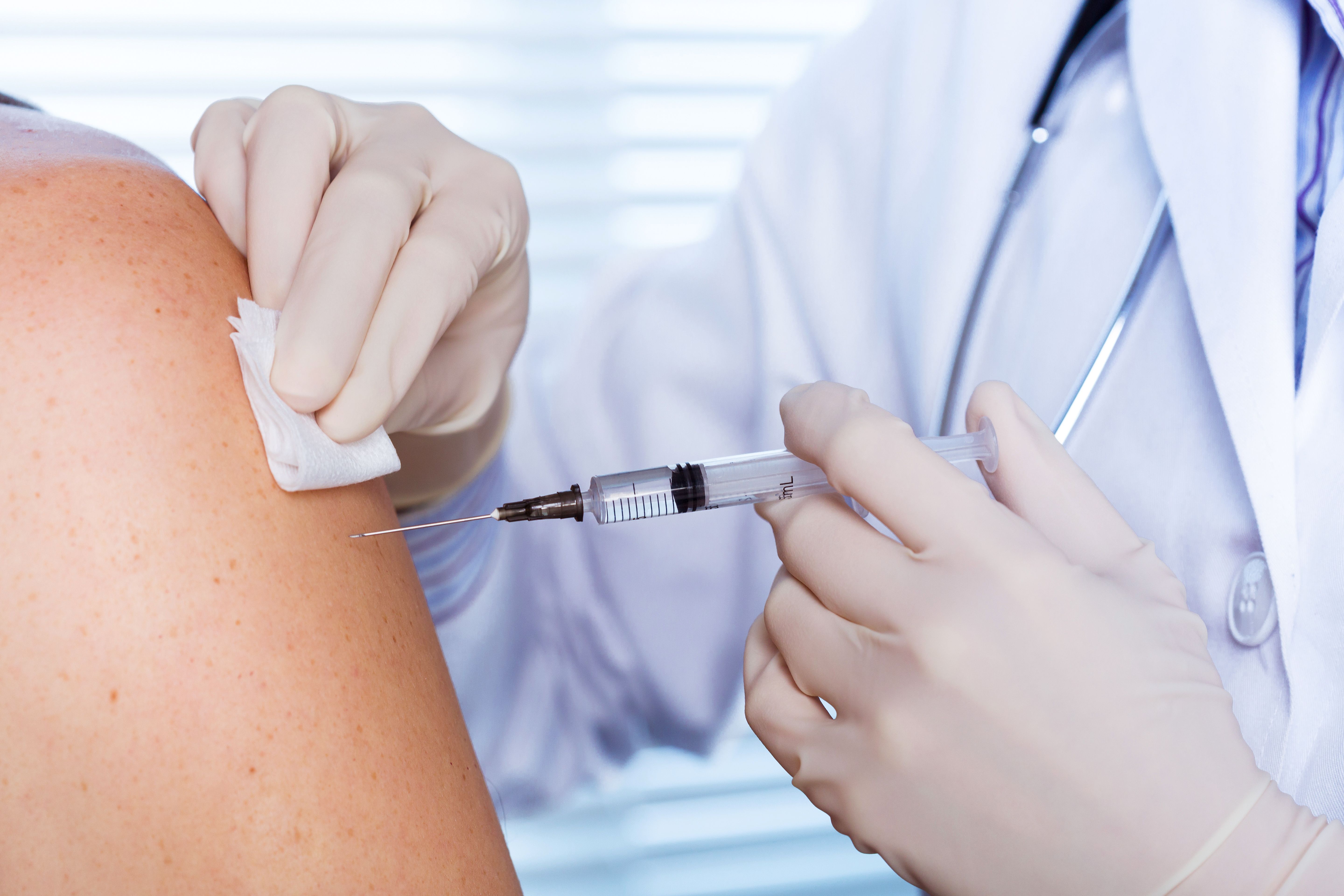RFK, HHS Roll Out “Radical” Proposed Changes to Vaccine Standards
The U.S. is overhauling vaccine rules with placebo testing and a new platform aiming for safer, universal vaccines.
By
Patrick Campbell
| Published on May 2, 2025
3 min read
Credit: Adobe Stock

The Trump administration, through the U.S. Department of Health and Human Services (HHS), has announced its intent to introduce sweeping changes to the current landscape of vaccines.
Additionally, HHS Secretary Robert F. Kennedy Jr. has announced the administration will require all new vaccines to be tested against an inert substance known as a placebo before they can be made available, according to multiple outlets, including NPR, The Washington Post and others.
“Our commitment is clear: Every innovation in vaccine development must be grounded in gold standard science and transparency, and subjected to the highest standards of safety and efficacy testing,” said Kennedy in a news release on May 1.
What is “Generation Gold Standard”?
The NIH and HHS are launching “Generation Gold Standard,” a new vaccine platform based on inactivated whole-virus technology using beta-propiolactone (BPL). Developed in-house by NIH, this approach aims to create universal vaccines for influenza and coronaviruses, with candidates like BPL-1357 and BPL-24910 showing potential against multiple strains, including H5N1, SARS-CoV-2 and MERS.
Unlike strain-specific shots, these vaccines preserve the full structure of the virus — minus infectivity — triggering broad immune responses. The intranasal BPL-1357 version, now in advanced trials, is designed to block transmission—something current vaccines don’t do.
NIH officials say this marks a shift toward government-led, transparent development free from commercial influence. Trials for universal flu vaccines begin in 2026, with FDA approval targeted by 2029.
“Generation Gold Standard is a paradigm shift,” said National Institutes of Health Director Jay Bhattacharya, M.D., Ph.D., in a news release. “It extends vaccine protection beyond strain-specific limits and prepares for flu viral threats — not just today’s, but tomorrow’s as well — using traditional vaccine technology brought into the 21st century.”
How Is Vaccine Safety Currently Evaluated?
According to the U.S. Centers for Disease Control and Prevention, the FDA checks vaccine safety through several steps. First, scientists test the vaccine in labs and on animals. If it looks safe, it moves to human trials in three phases, starting with small groups and growing larger to check safety, dosage and effectiveness. If results are good, the FDA reviews all the data before approval.
Even after approval, safety is tracked using systems like VAERS. For example, the MMR vaccine (measles, mumps, rubella), given to children, went through years of testing before approval and is still monitored today. This process also applied to the Pfizer COVID-19 vaccine, which was tested in tens of thousands of people before being approved and closely watched afterward.

